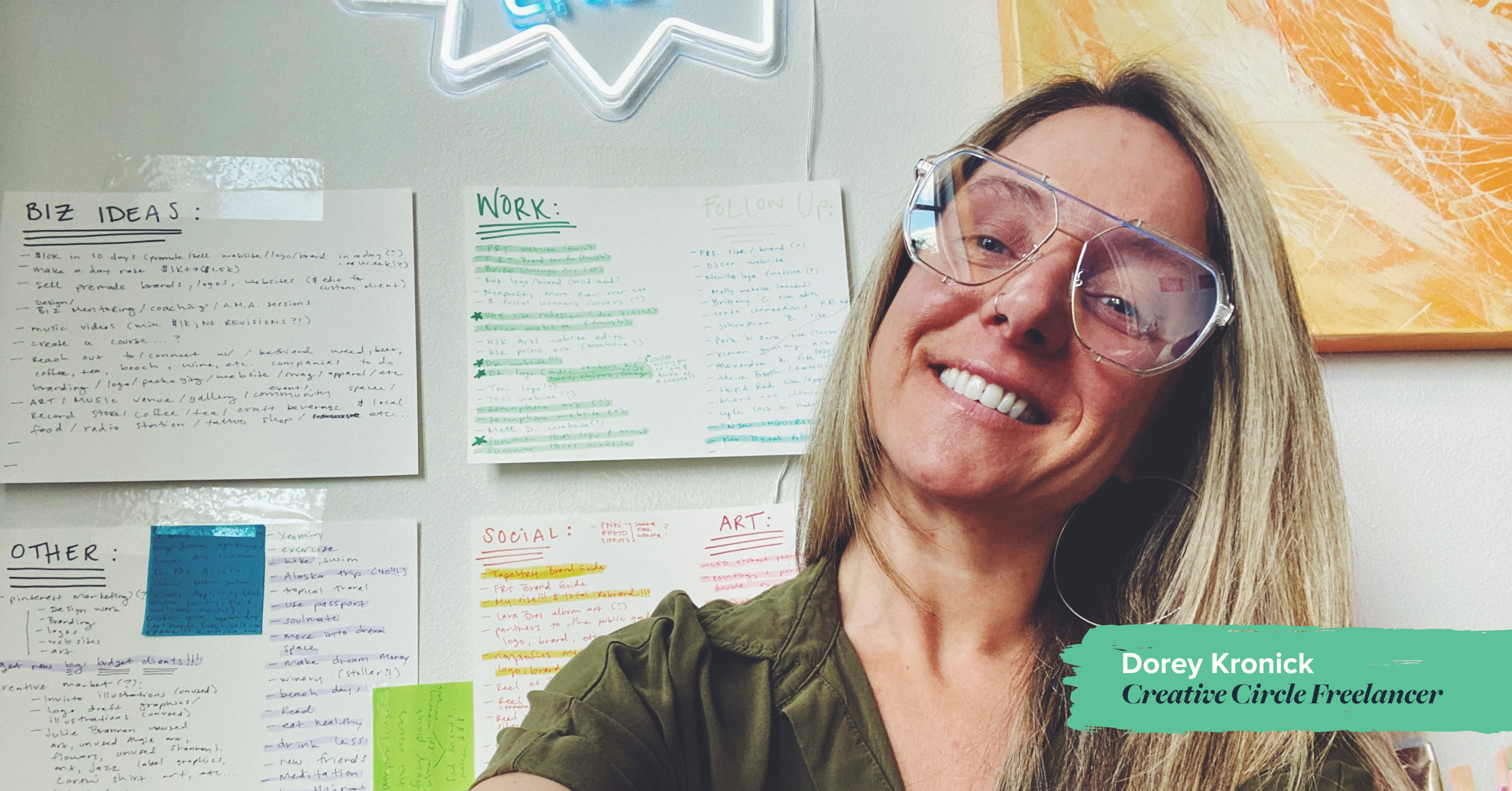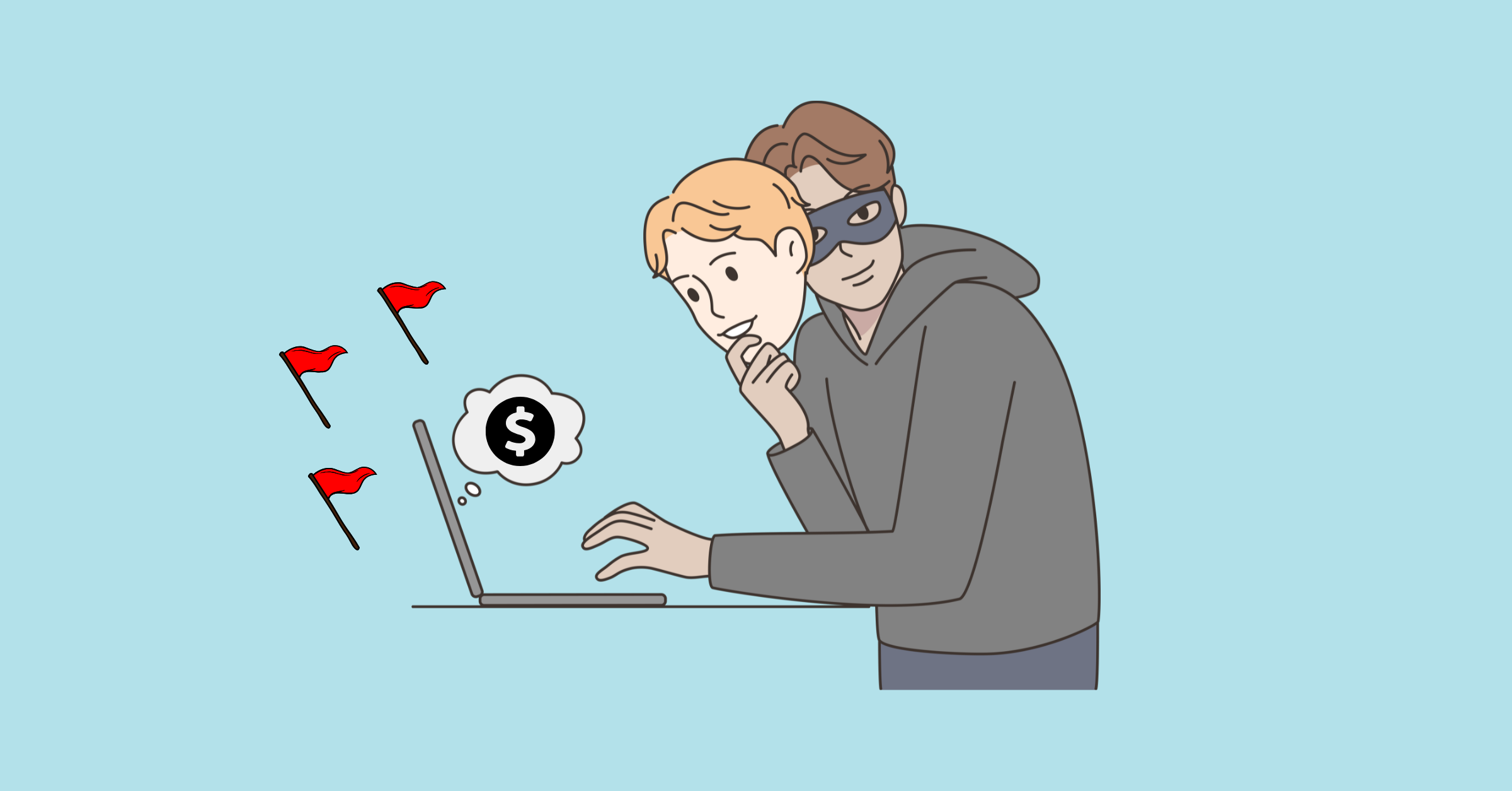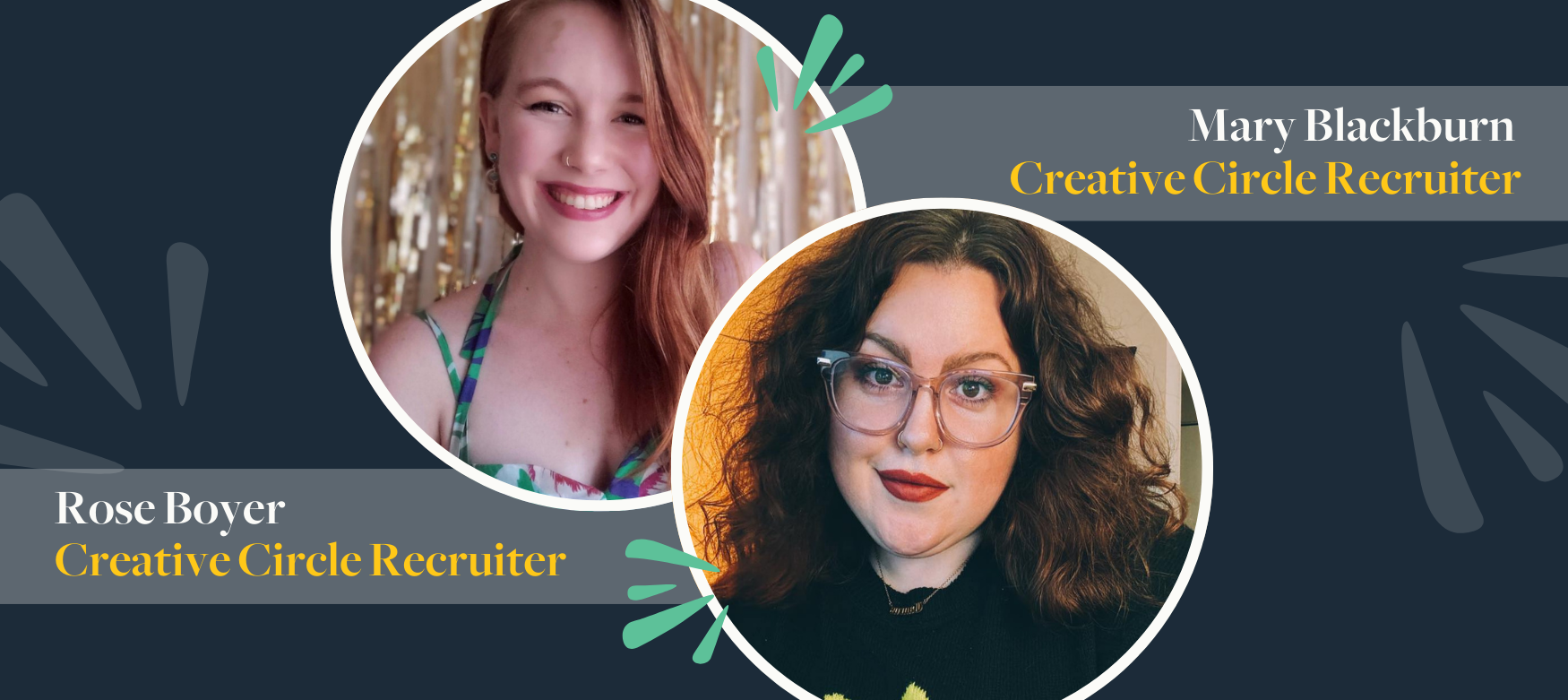When most people start dreaming of a career in advertising, they’re probably thinking about a gleaming, multi-story complex on Madison Avenue or one of the sprawling, modern campuses occupied by Deutsch or TBWA\Chiat\Day here on the West Coast. It probably never crosses their mind that they could end up in a quiet, unassuming office complex that shares a parking lot with a mattress outlet.
Working at a small, independent agency—by which I mean anywhere from 5 to 35 people—is not for everyone’s temperament or goals. But I loved my time at the “mom and pop shops” I worked at. Here are a few reasons to at least consider a smaller workplace, and a few more reasons why you just might be suited to a larger agency.
At smaller shops, you get to do a little of everything.
These days, many agencies are broken out by specialty (e.g. digital, social, experiential), and if you do end up at a full-service shop, it’s probably to do one thing on one account. Smaller agencies tend to do it all. In a typical month, one of my small agency freelance clients sends me jobs that include naming, annual reports, taglines, social media, and packaging.
The pros: If you’re starting out, it can be a great way to try new things, build a portfolio, and figure out what you’re interested in. Freelancing at a small agency allows experienced professionals the opportunity to flex their creative muscles.
The cons: Because the industry is so highly specific, many employers want to see deep portfolios that showcase a particular skill, so it may take time to build it at a smaller agency. To help keep your portfolio robust and relevant, you may need to consider extracurriculars, such as portfolio classes, writing workshops, or additional freelancing.
You’ll become intimately acquainted with your coworkers.
When you work in a small agency, it’s unavoidable that you will get to know everything about your coworkers.
The pros: Almost no drama, and it can even feel like a family. If you’re an introvert, you’ll appreciate that you won’t have to schmooze as much or juggle as many professional relationships.
The cons: With a small agency, if the personality fit isn’t dead-on, it can be painful. Depending on who you are, you may get bored or crave more social interaction.
Small agencies have much less bureaucracy.
Most large agencies have multiple layers of management, which means there are highly specific ways of doing things—and that’s everything from buying a new design magazine to switching your benefits to just getting the signature line in your email changed. Smaller agencies usually make it up as they go along.
The pros: Much more flexibility. At the corporate agencies, you need to schedule a single vacation day weeks or even months in advance. And unlike the bigger agencies and networks where there’s a picture of the president on the wall in the lobby—and good luck getting a hold of that guy—at a small shop, you’re probably sitting about 10 feet away from your boss.
The cons: No HR department might mean there is no one standard for conduct. If you’re employed by an agency in one of the big global networks and you have a problem with the way someone acts or the way things are being run, there are procedures and protocols in place for making you feel heard and taking steps to change. And whereas larger agencies tend to put a lot of thought into rolling out policies and initiatives, smaller agencies may not have structured policies yet, which can mean a feeling of instability.
The overall quality of life is different.
Often, small agencies are founded by talented but burnt-out people who have paid their dues and now want to set their own hours and never again have to work until 1 a.m. These agencies likely serve local clients, which means less need to travel.
The pros: You can have a life outside of work, including making plans during the week. It’s been my experience that small agency owners have a deeper appreciation for work life/balance. They don’t want to work late, and they don’t want their employees to, either.
The cons: Many people spend decades on the agency merry-go-round—because it can be really exciting. In a big shop, as you rise through the ranks, get a shinier title, and work on $$$ projects, you’ll have the opportunity to travel to big cities, do sophisticated presentations to executives at Fortune 500 companies, and even make commercials that millions of people will see. If that’s what matters to you, you may need to look to a larger shop to find it.
What it all comes down to…
It’s easy to assume that having a big, “brand name” agency on your resume will open professional doors for you. But what will keep those doors open is having a book full of thoughtful, well-executed work. If you’re considering a small agency, go in with your eyes open and make sure you’ll get to do the kind of innovative creative work that will impress your future creative directors. You just might end up loving it so much you decide to open your own shop one day.
Lisa is a seasoned advertising copywriter who lives in Los Angeles. Her background includes both in-house and agency work on Fortune 500 and global accounts in the consumer and healthcare/pharmaceutical fields. She excels at words, fashion, and cats. If you want to work with Lisa, contact Creative Circle Los Angeles.




